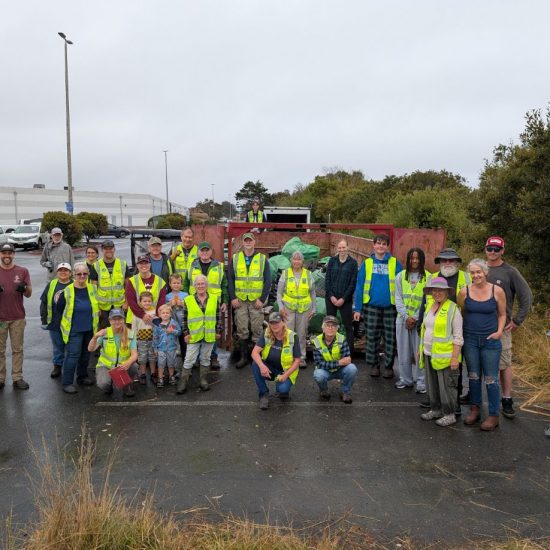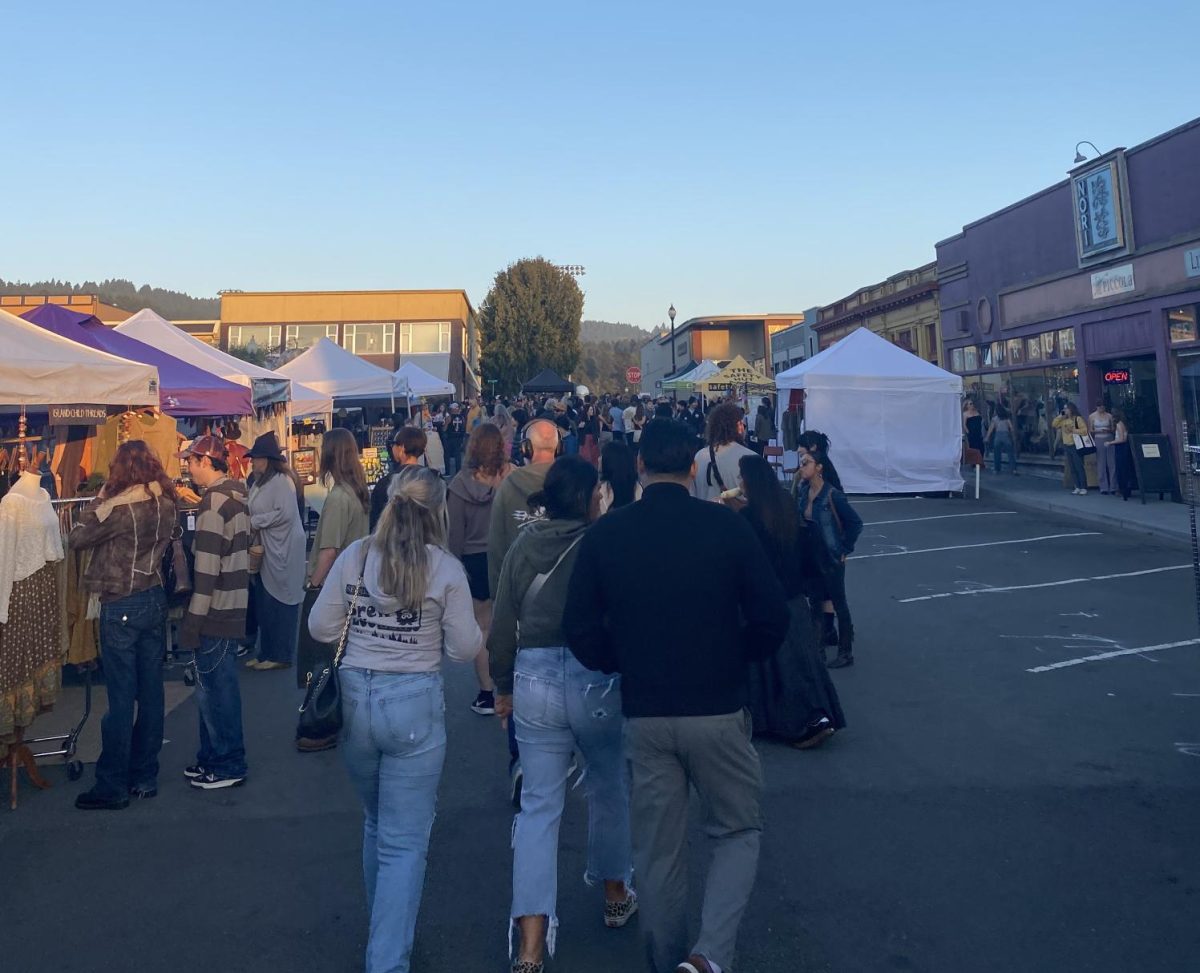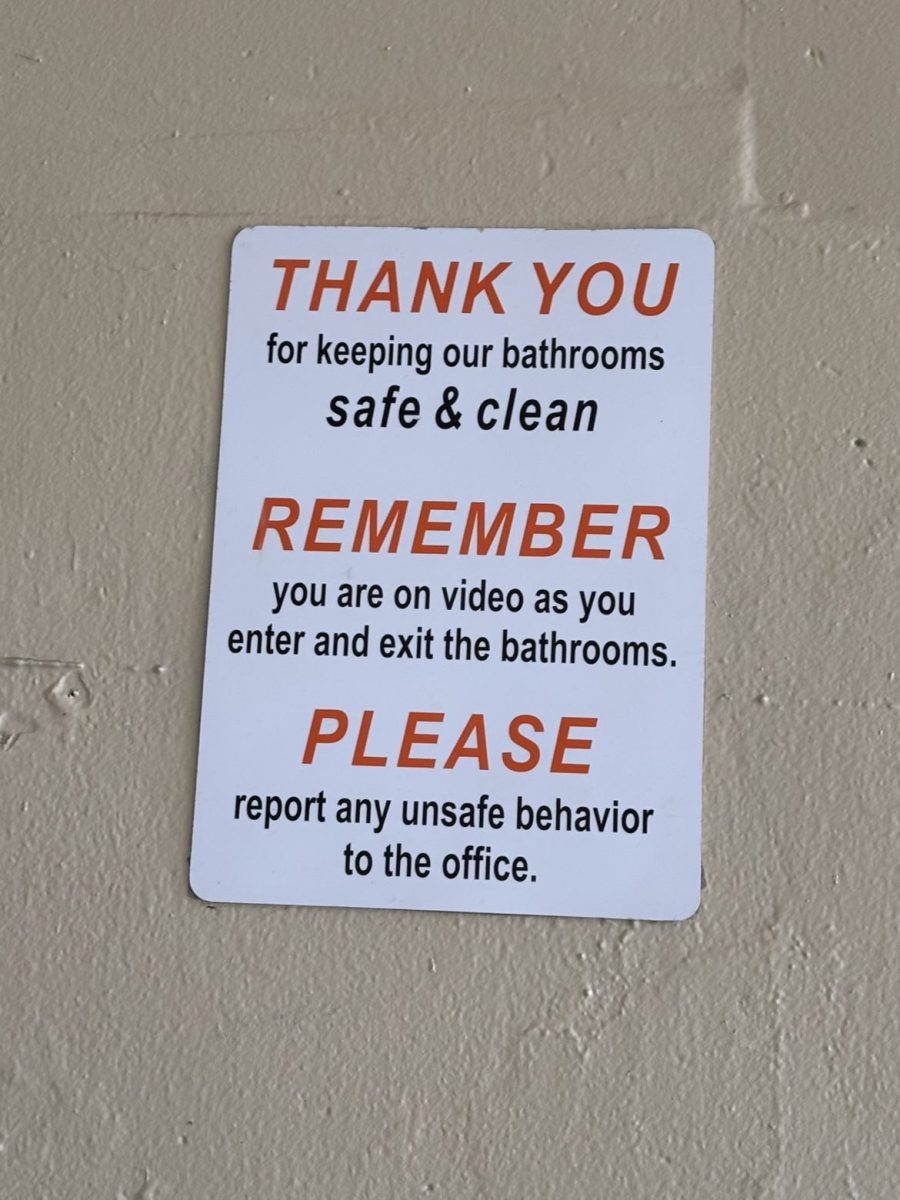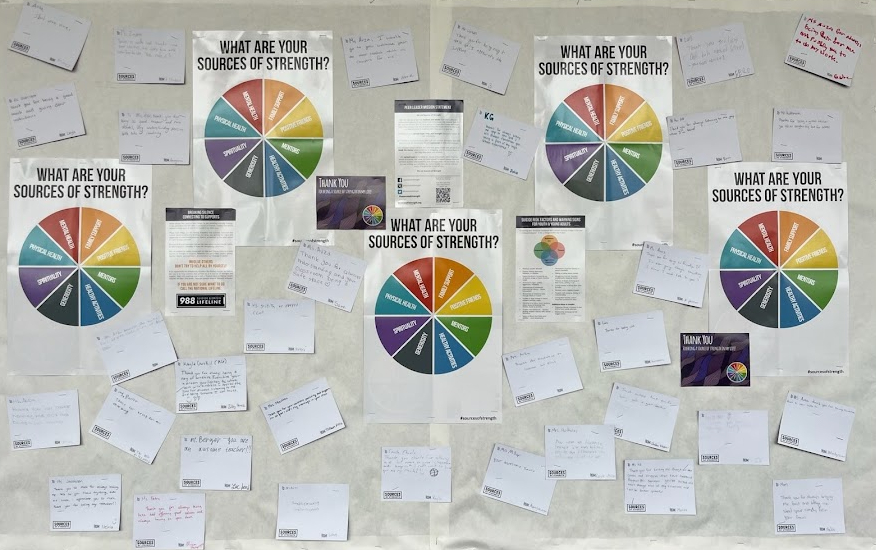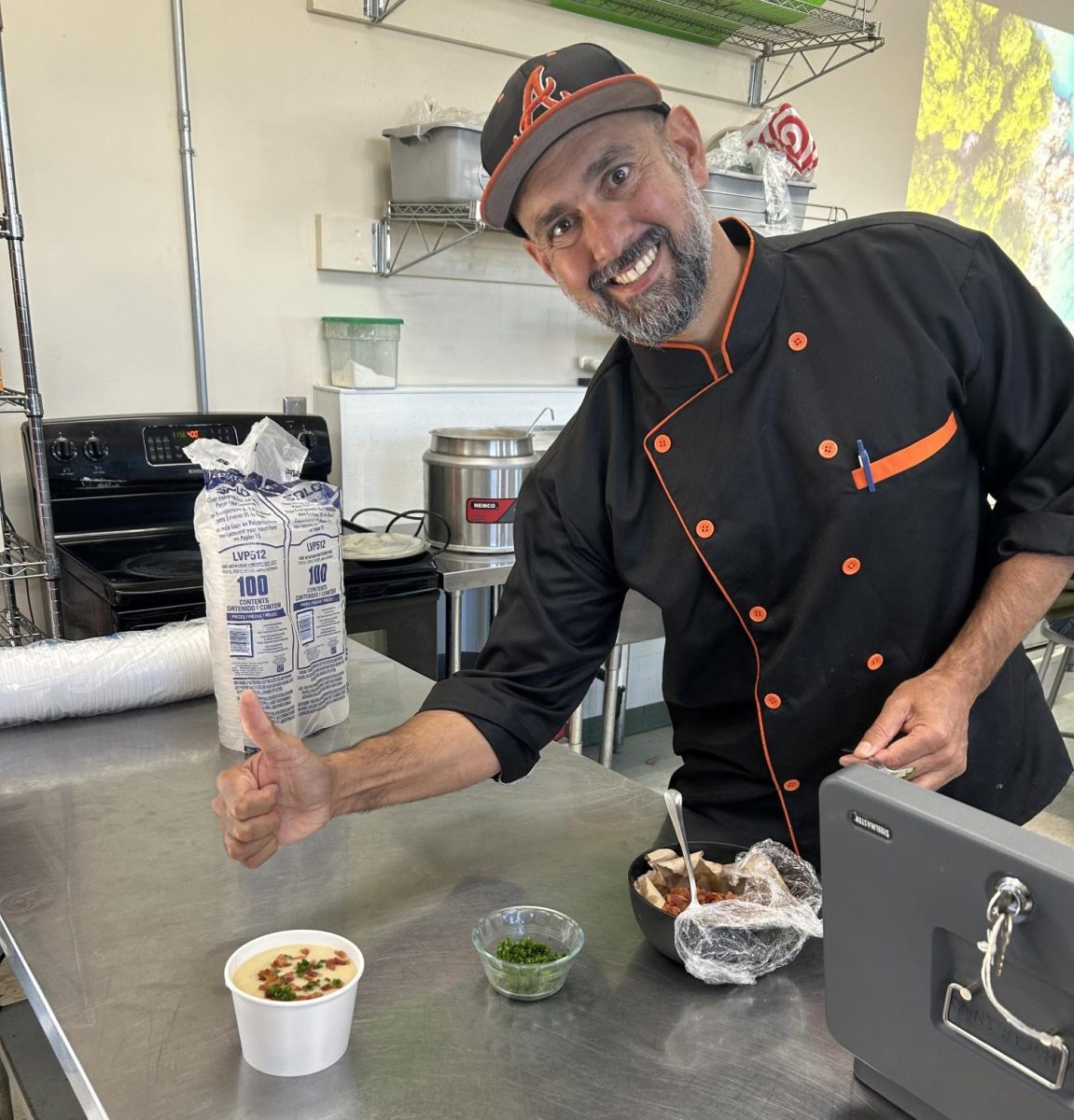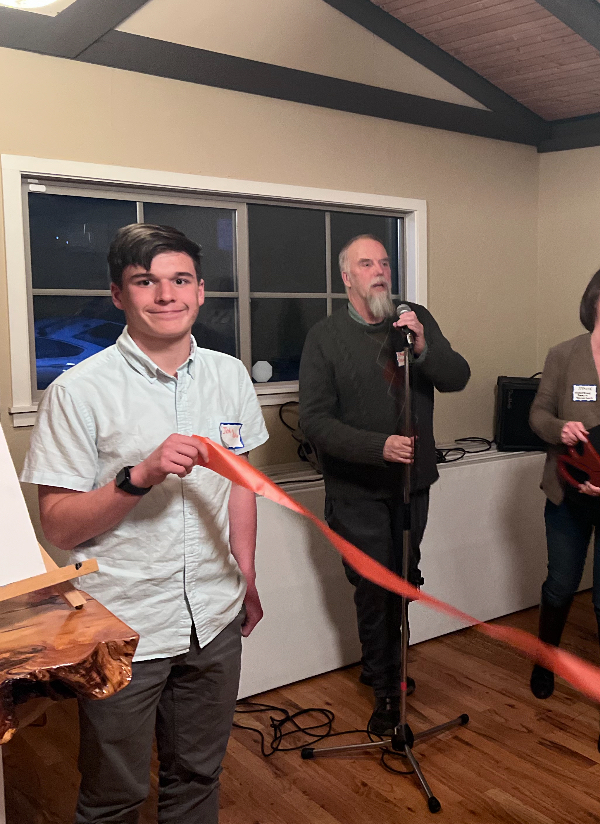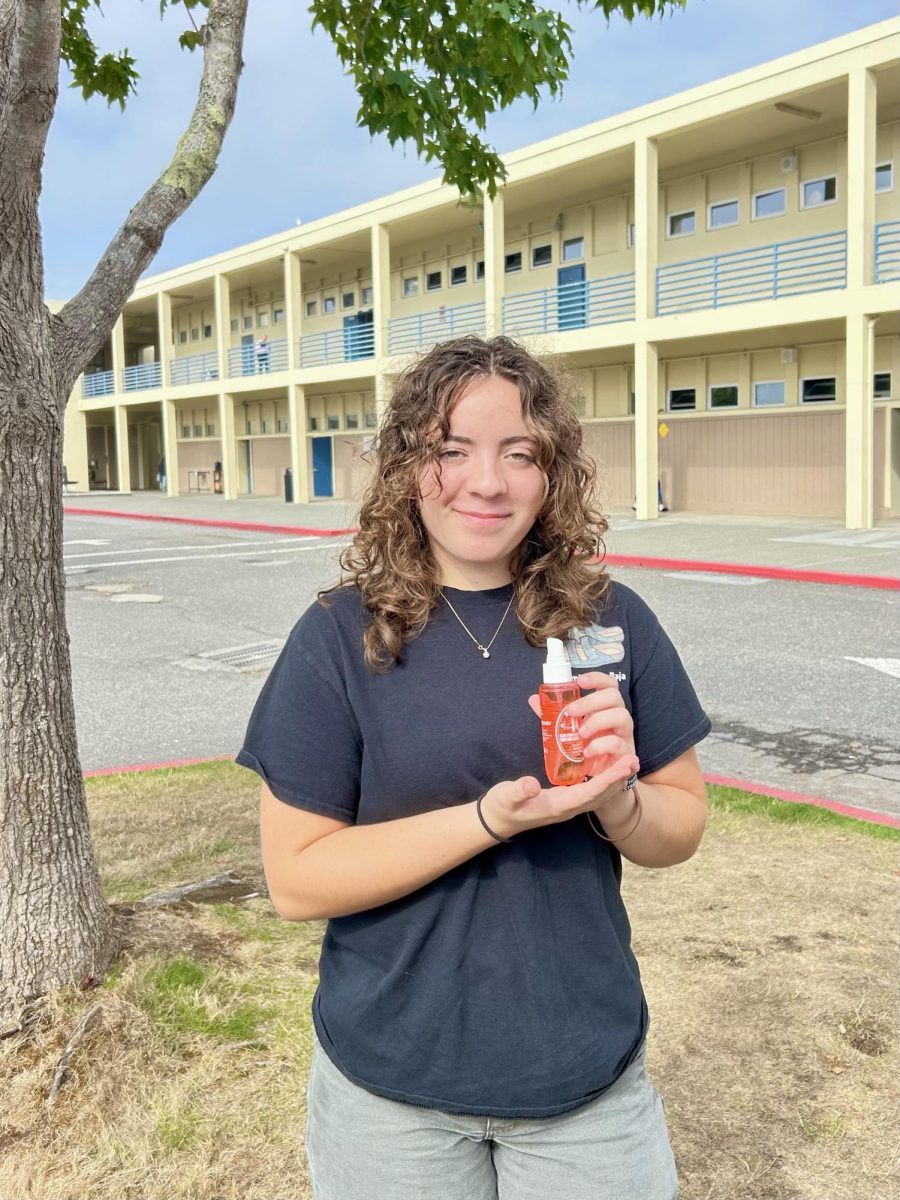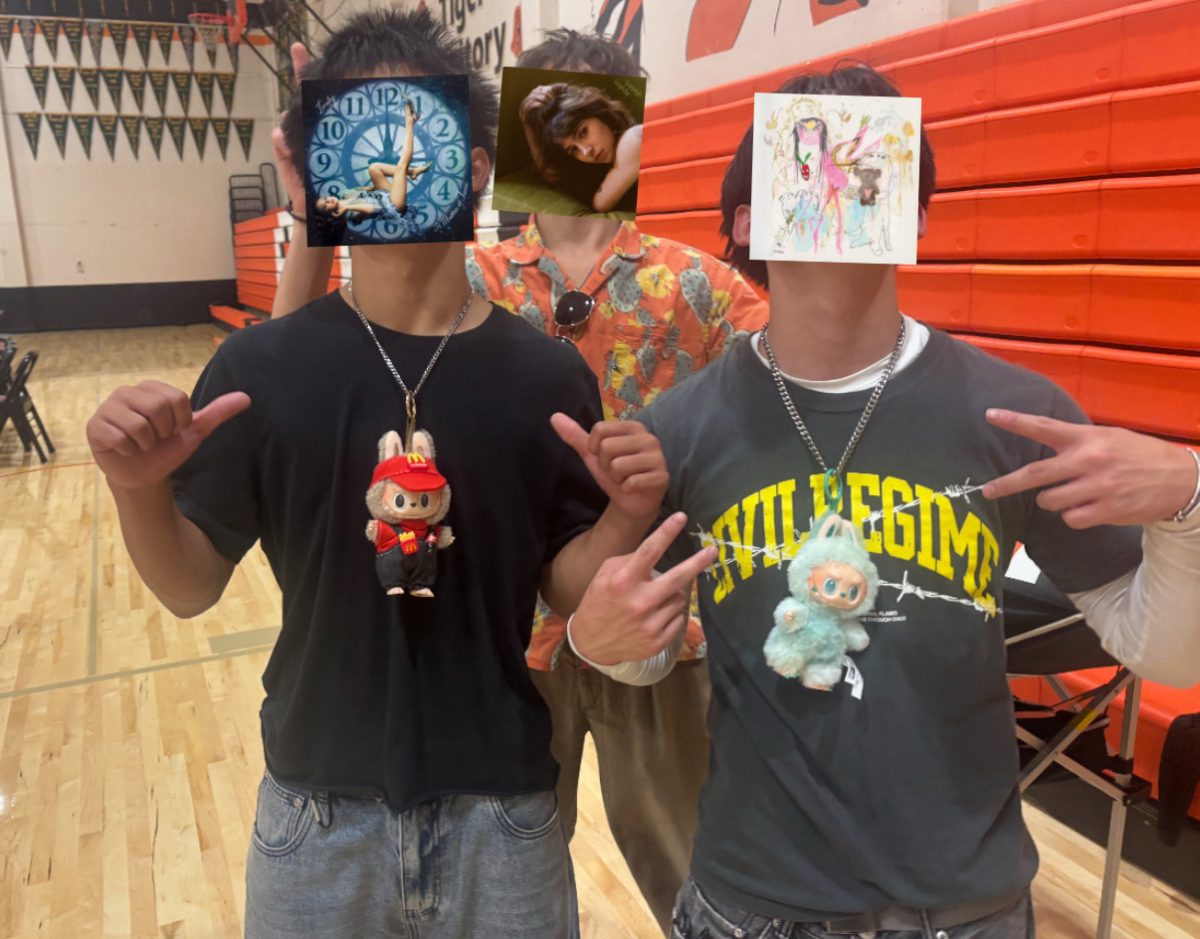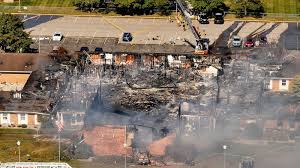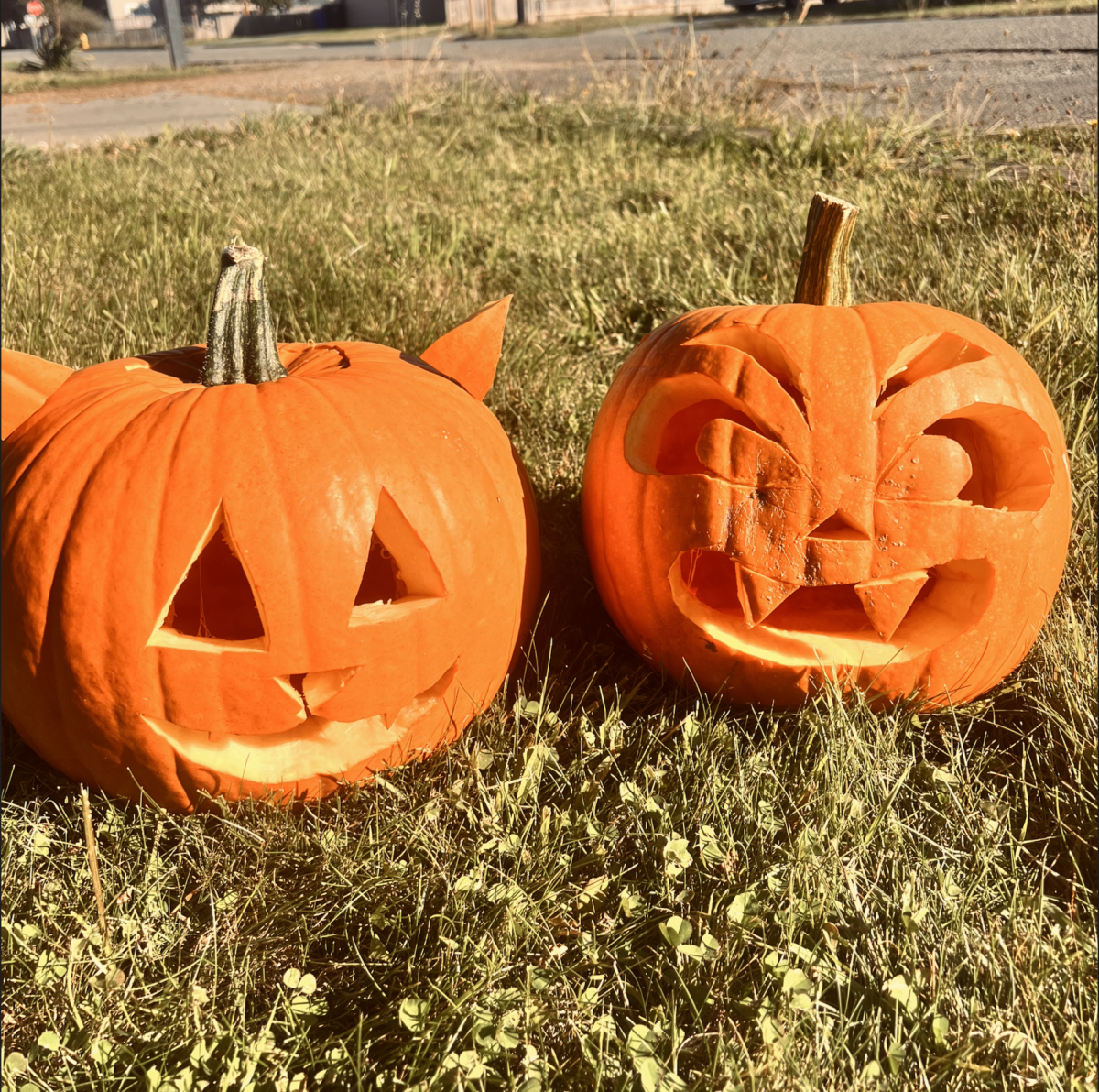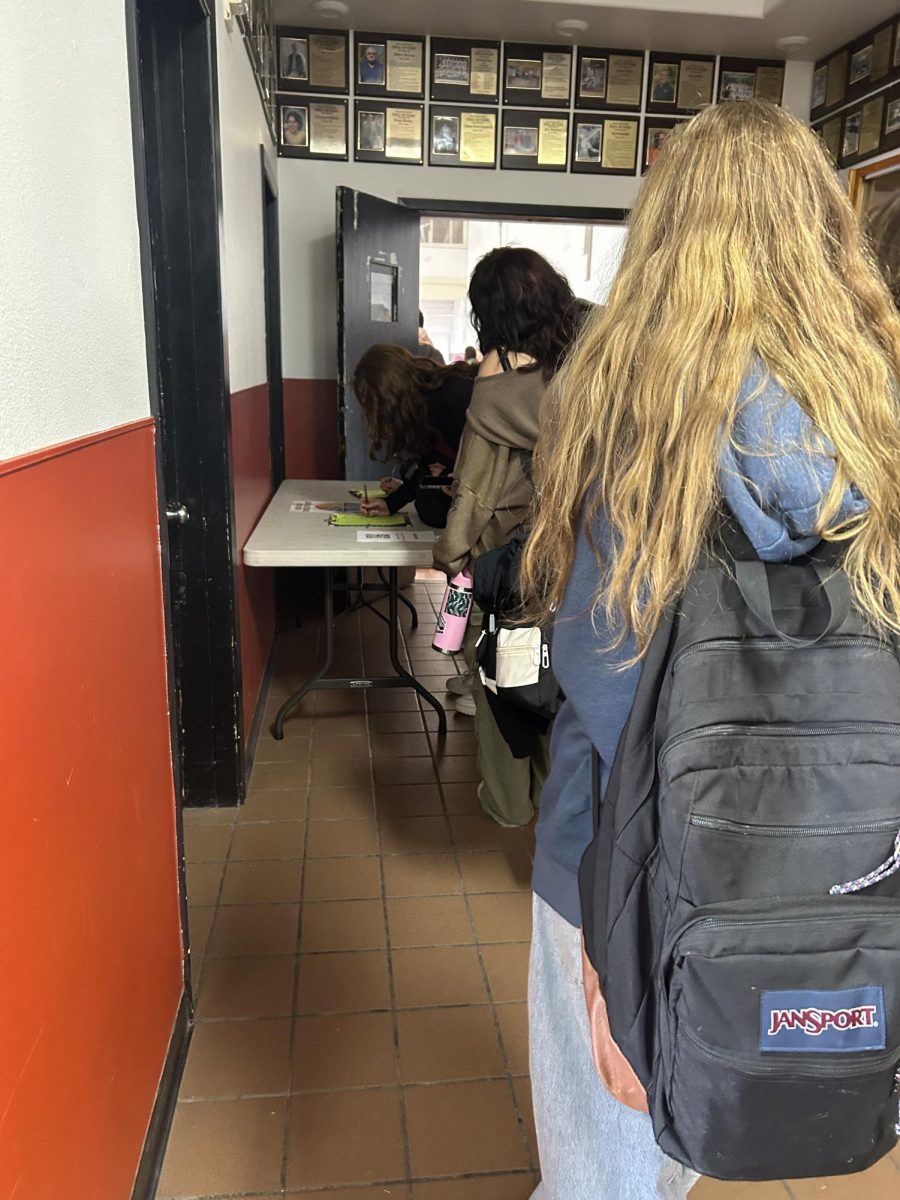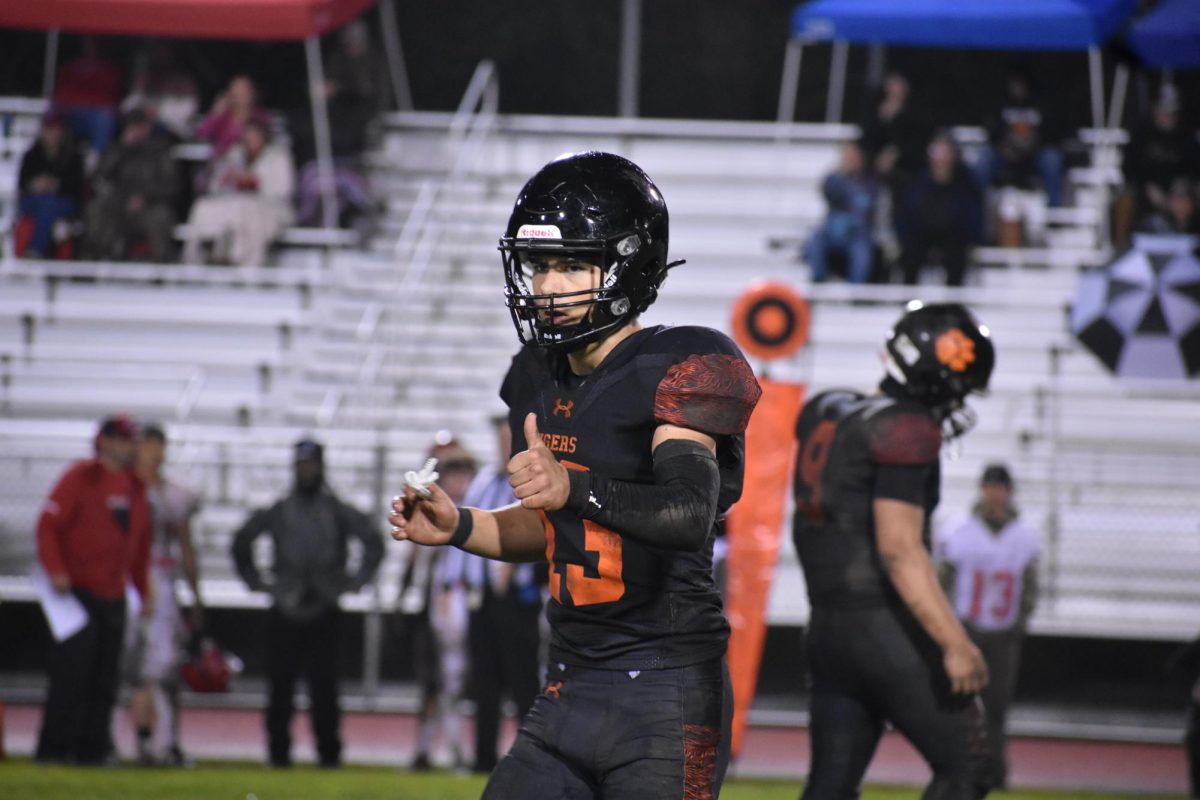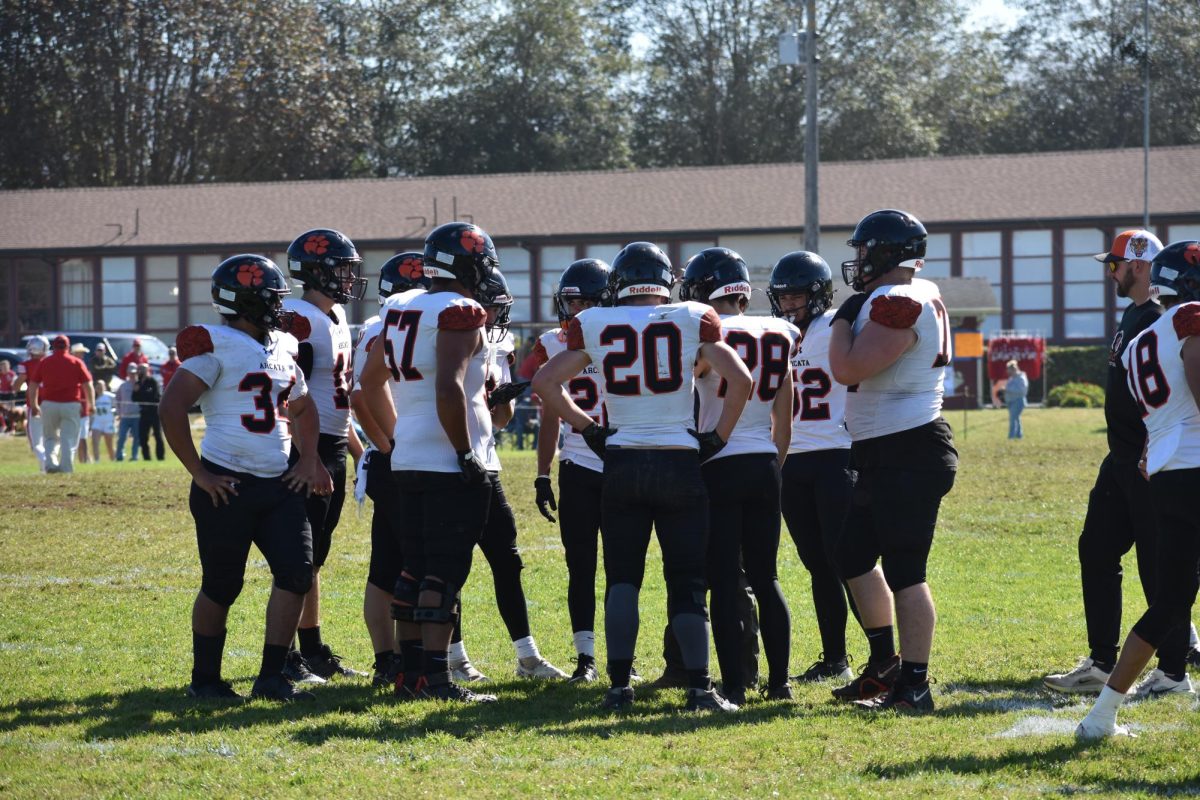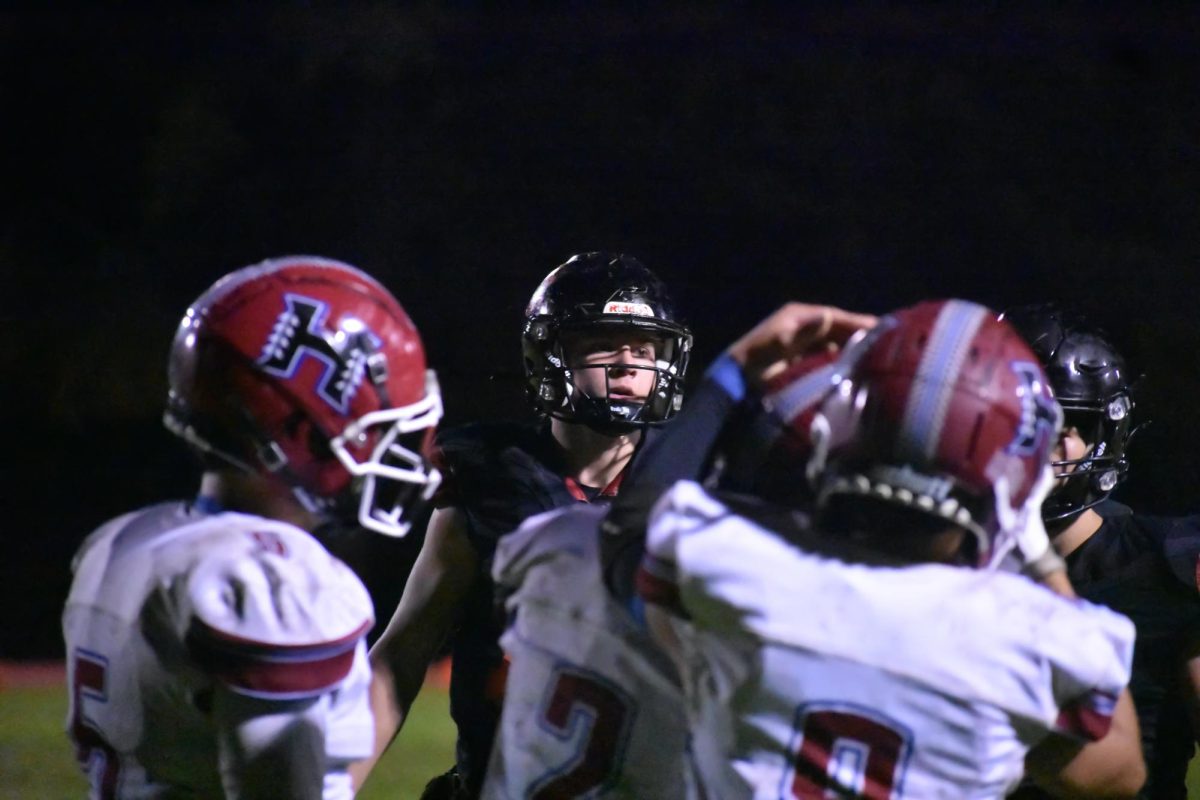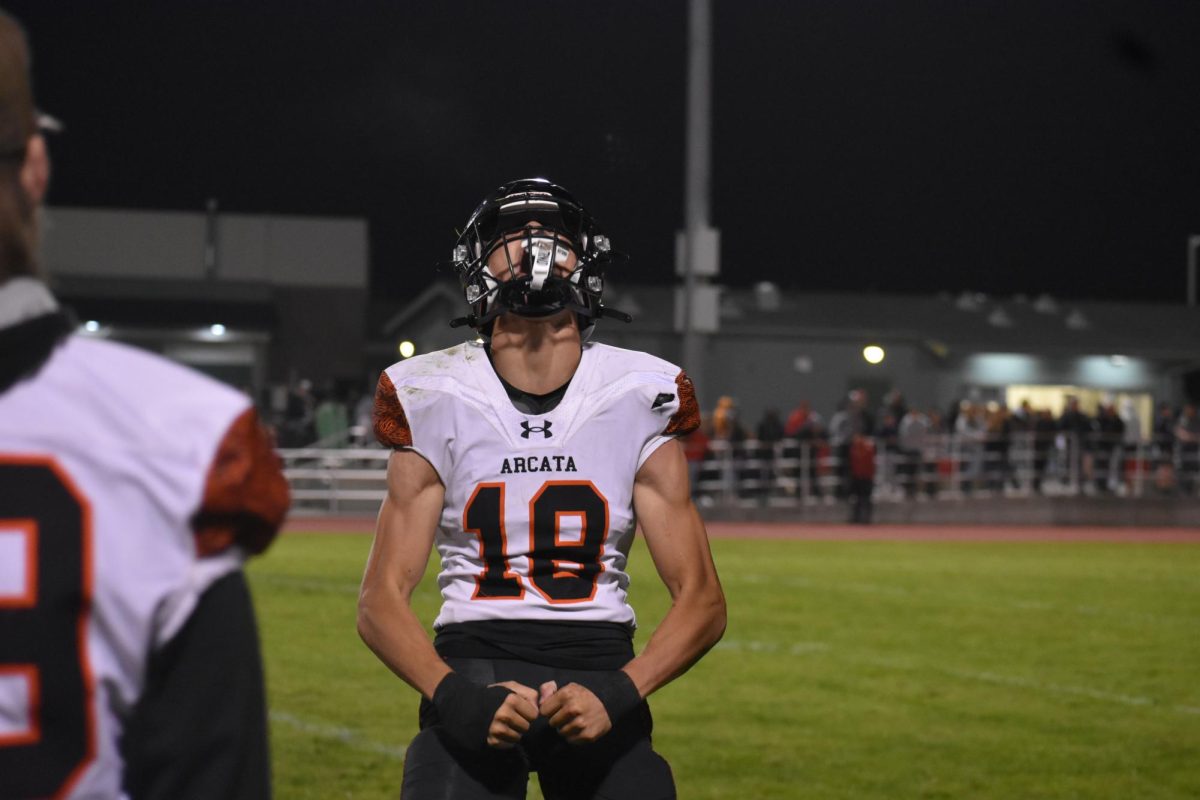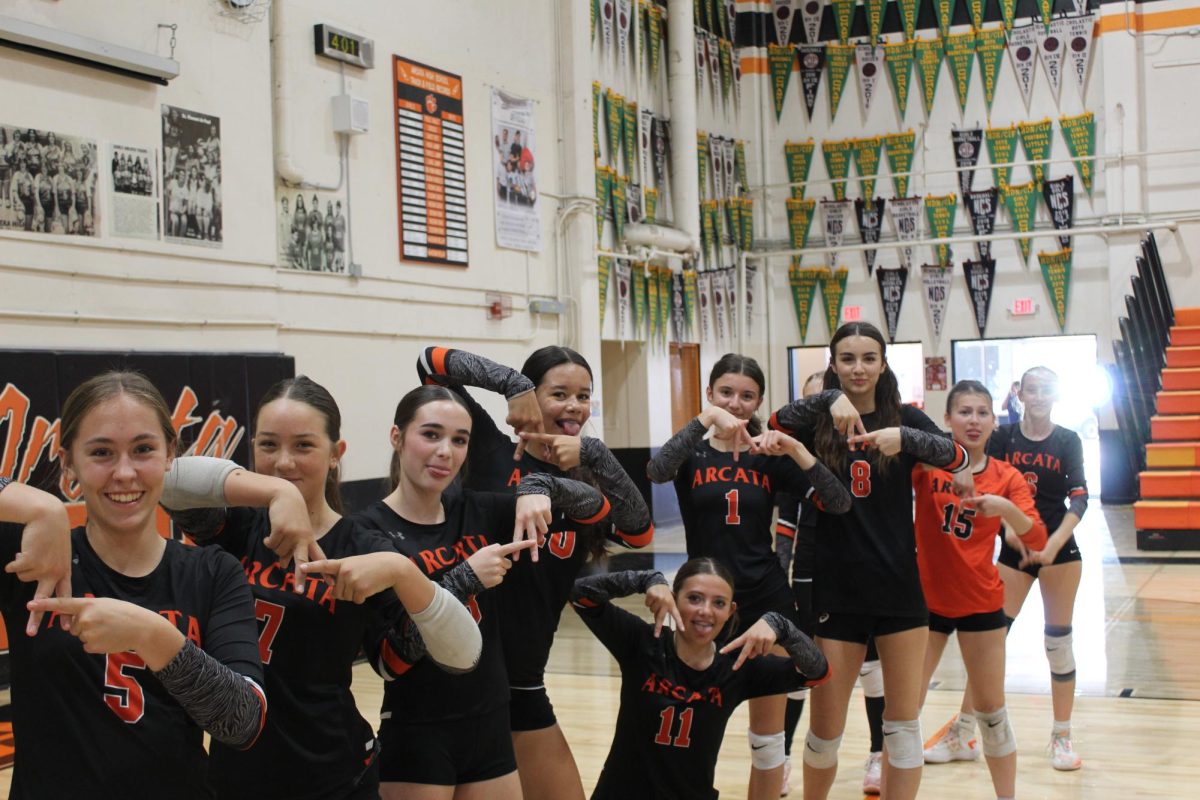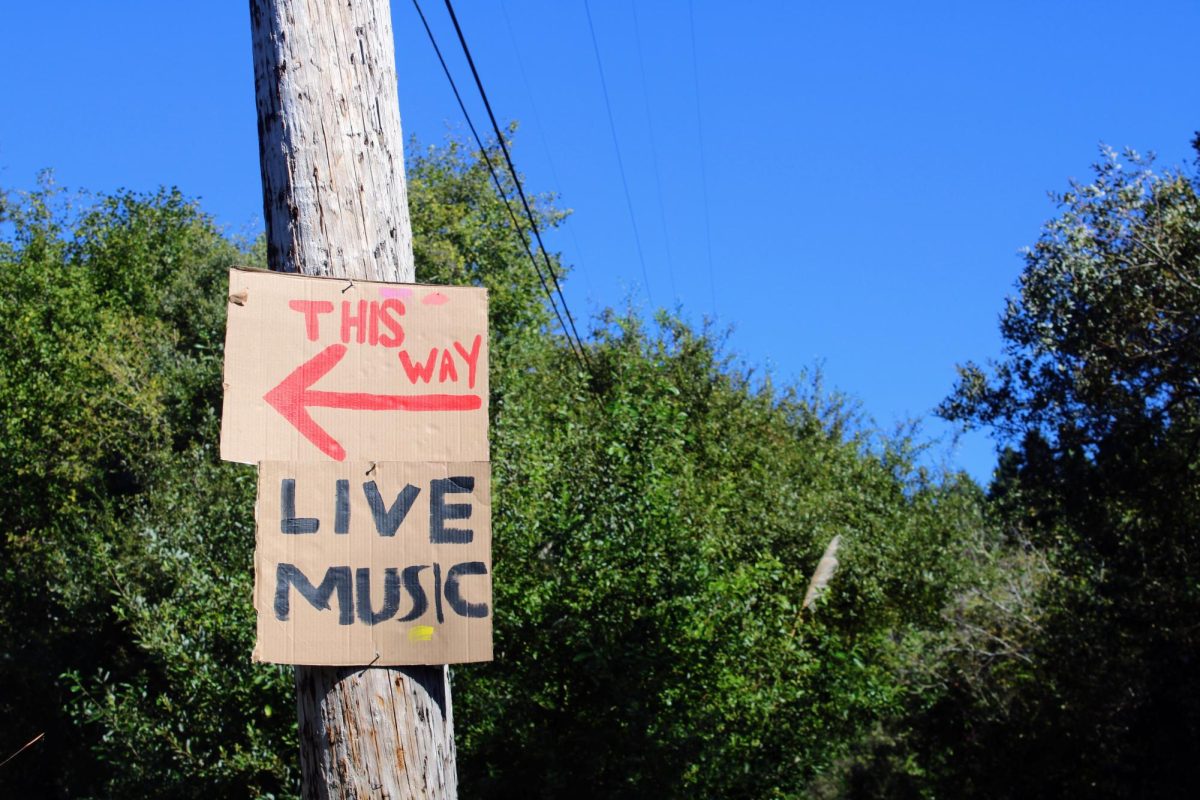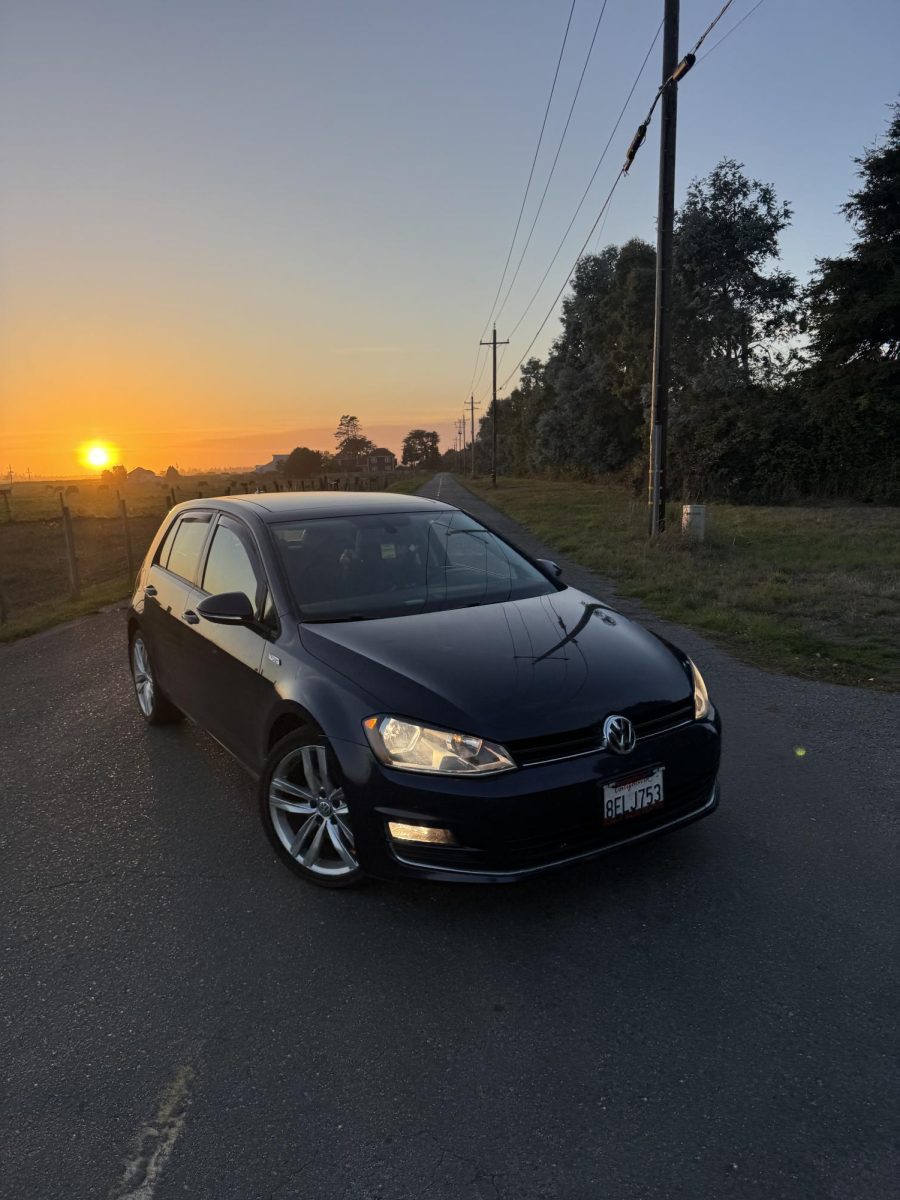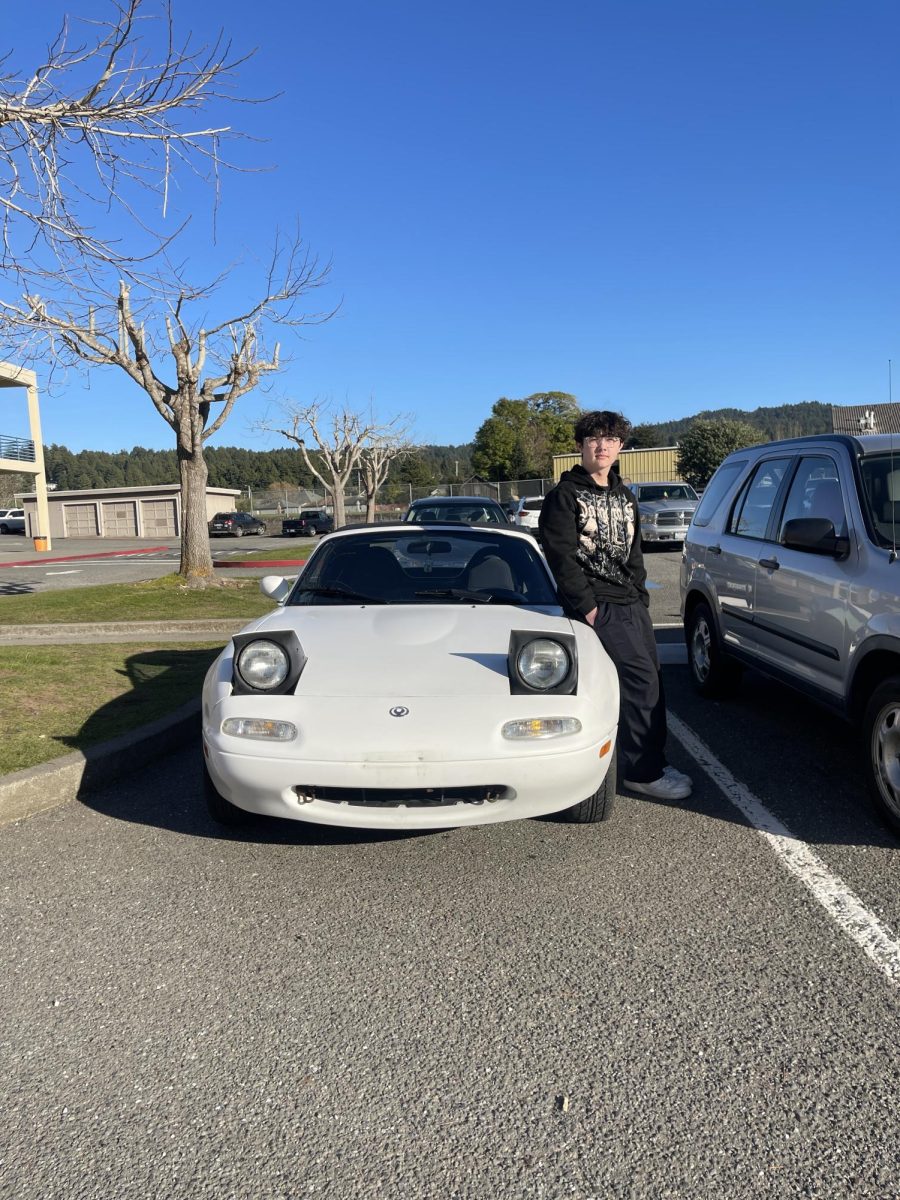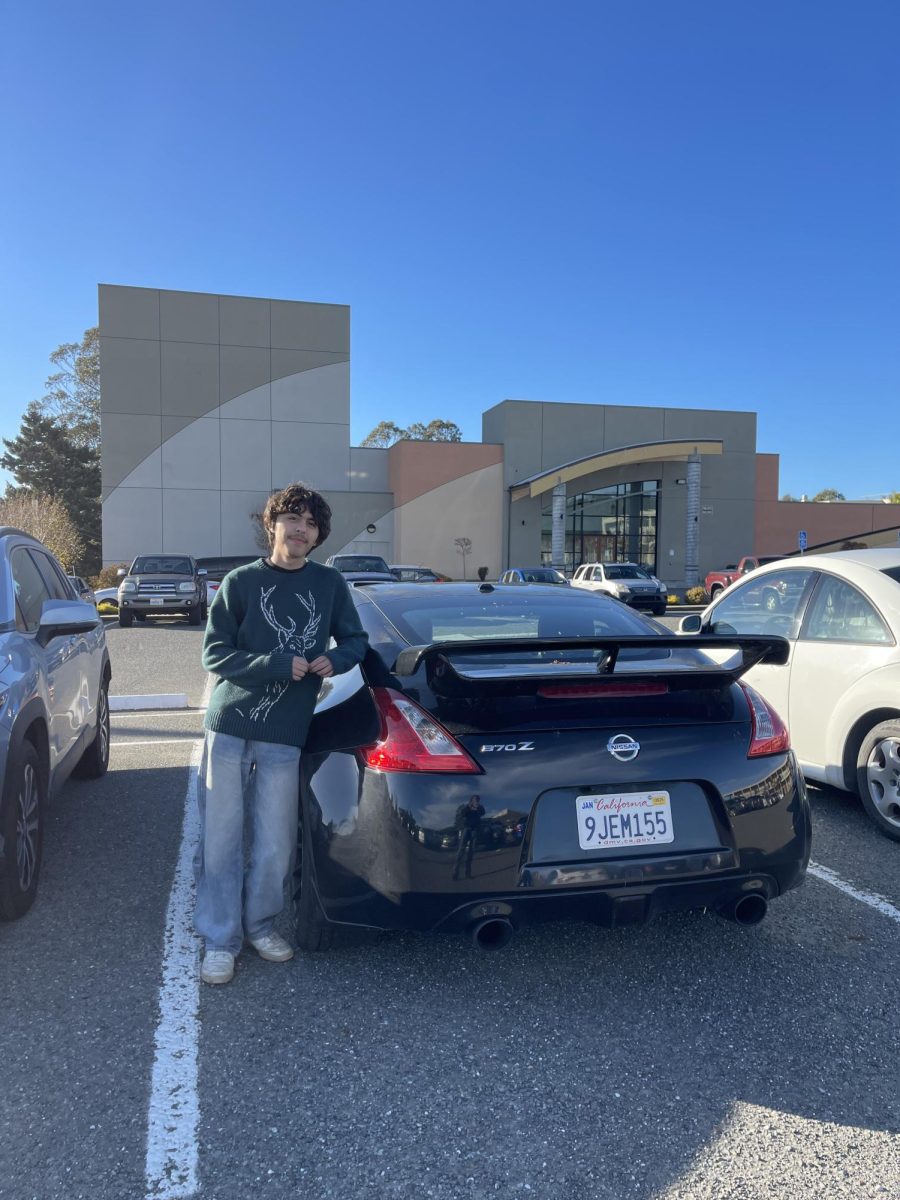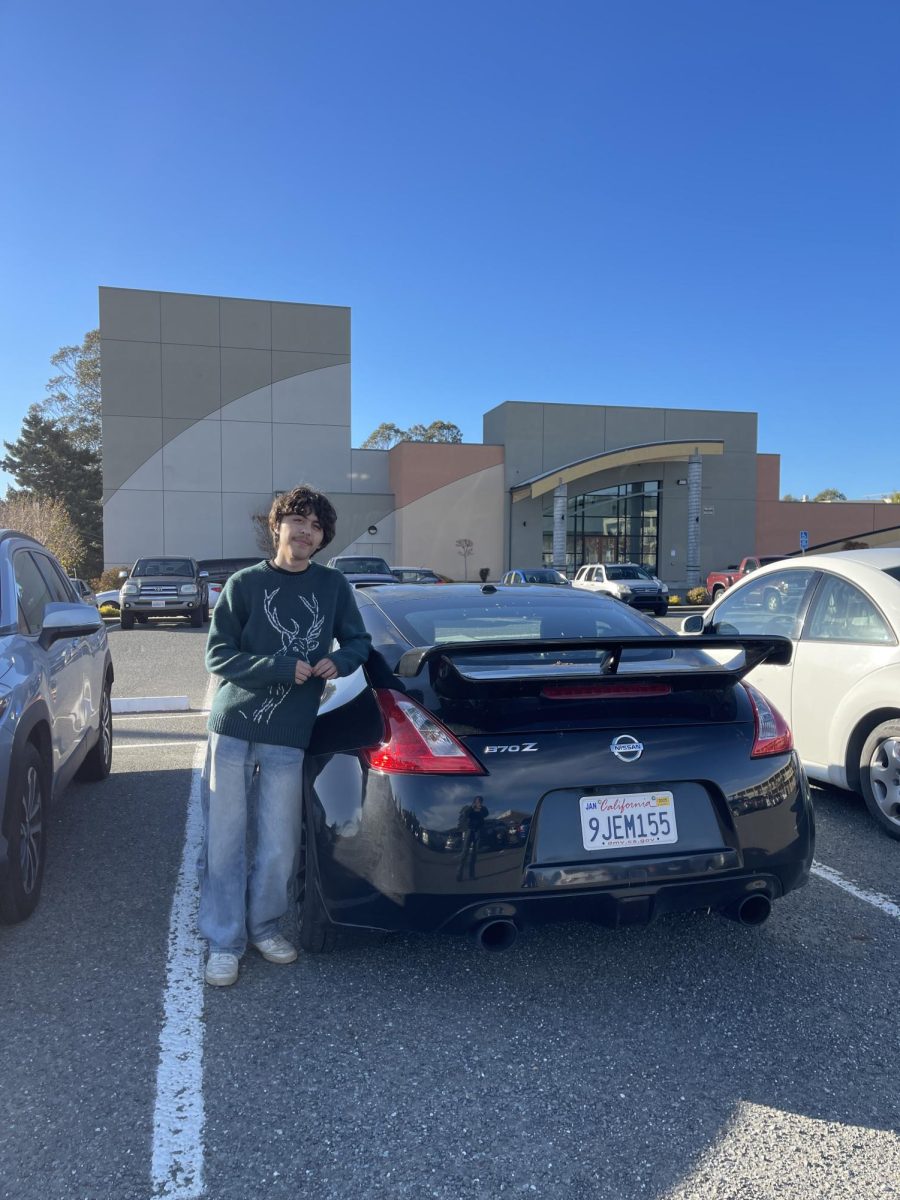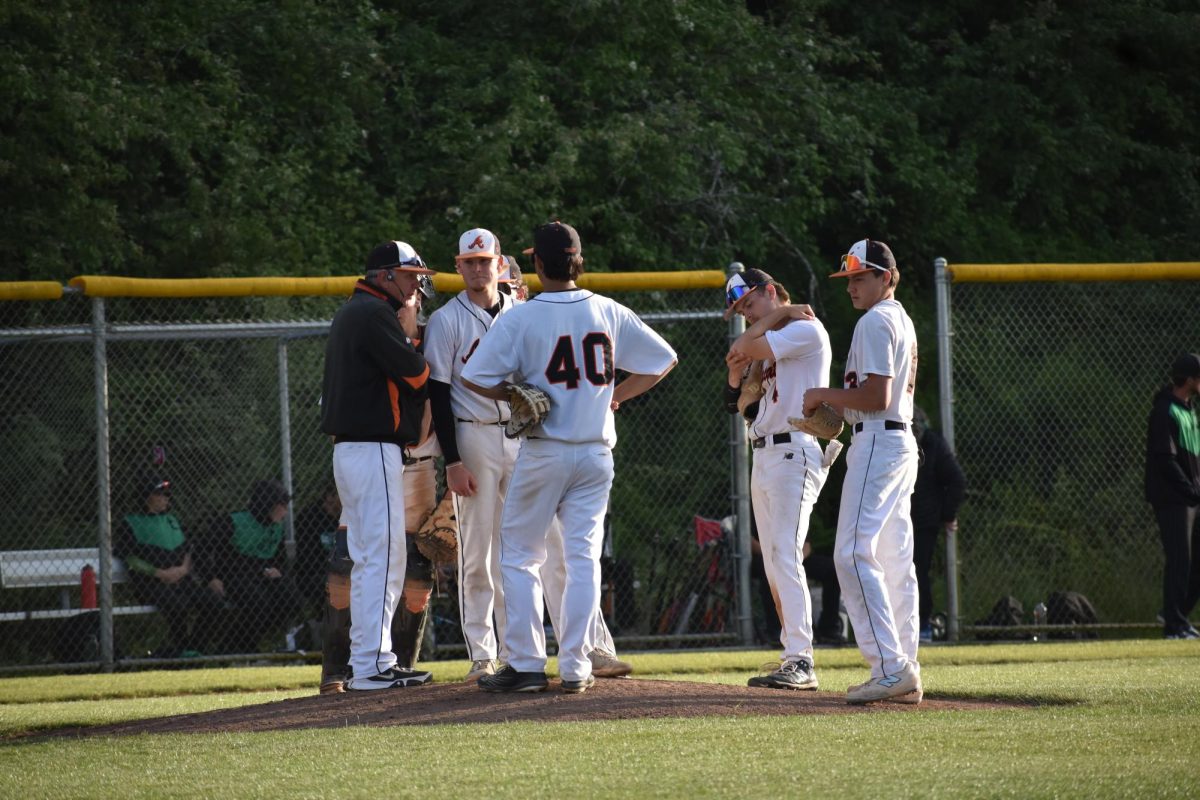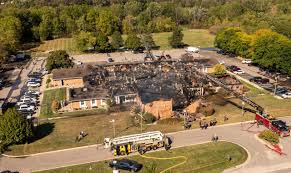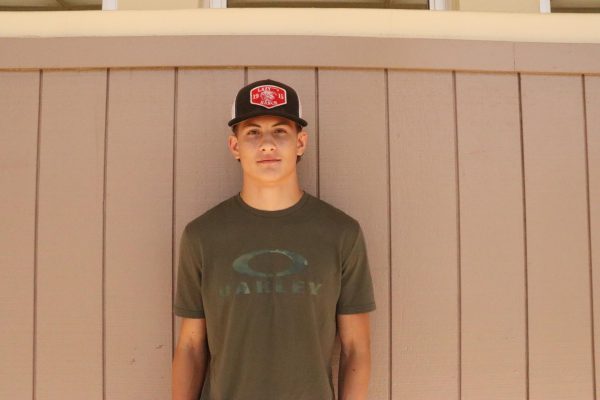In the early mornings here in rural Northern California, the world is quiet. You hear the wind brushing the trees or birds greeting the sun. On Sundays, that peace leads many of us to wooden pews and old church buildings, where faith is more than just belief. It’s a family, an identity, and a tradition.
That’s why the recent news from Grand Blanc, Michigan, hit me harder than expected. A Christian church was the target of what authorities believe may have been a coordinated act of violence against the Church of Jesus Christ of Latter-day Saints. Gunfire shattered windows, and flames later engulfed the building. While the full motive is still under investigation, early reports suggest the church may have been attacked because of its Christian identity.
This wasn’t just a random act of violence. The Grand Blanc incident isn’t an isolated case.
Local member of the Church of Jesus Christ of Latter-day Saints and Arcata High senior, Kai MacDonald, said, “It was a horrible incident that probably deserved more attention from the nation. It’s weird for people to be killing people based on their religions, like it’s the 1800s.”
Over the past few years, there’s been a rising number of attacks on religious institutions across the country, from arson at churches to vandalism of synagogues and mosques. What’s particularly chilling about this one is the level of coordination and intent. Gunshots. Fire. During worship hours.
Law enforcement hasn’t released much detail yet, but the incident has already sparked conversations online and in the news. Was this a hate crime? Was it politically motivated? Is Christianity really under threat in the United States?
Some people scoff at the idea that Christians face discrimination in the U.S. After all, this country has Christian roots. Holidays like Christmas and Easter are national observances. Most of our presidents have openly identified as Christian. From the outside, it can seem like Christians are the majority, too big to be vulnerable.
However, that doesn’t align with the lived experience of many of us, especially younger Christians.
The truth is, in today’s America, Christianity has become a cultural flashpoint. It’s wrapped up in politics, identity, and division. You say you’re a Christian in certain circles, and people automatically assume you believe X, vote Y, and hate Z.
Senior Gabriel Melecio commented, “I don’t believe that religion should be tied to politics because everyone has the right to believe in anything they want, so religious beliefs shouldn’t impact laws.”
The faith that taught me love, humility, and grace is often portrayed as narrow-minded or even dangerous.
Social media doesn’t help. Expressions of faith are often met with sarcasm, mockery, or outright hostility. And while public schools legally allow students to pray or form faith-based clubs, those groups are often treated with suspicion, like they’re trying to push an agenda just by existing.
My congregation still gathers for potlucks and service activities. For many of us, Christianity isn’t just something we believe in. It’s something we live with, something that connects generations.
That doesn’t mean we’re close-minded or anti-anything. But it does mean that we feel the tension growing between how we live and how the world sees us.
When a church like the one in Grand Blanc is attacked, it doesn’t feel distant. It feels like a warning.
MacDonald also noted that, “we need to make sure that we never lean toward[s] violence no matter how we feel.”
As a senior in high school, I’ve learned to walk a fine line. I don’t hide my faith, but I also don’t push it on anyone. Still, I’ve seen how wearing a cross or talking about church can change how people treat you.
Some think you’re judging them. Others assume you’re naive. And sometimes, people just think you’re weird for believing in something bigger than yourself.
I’m not writing this to ask for pity. I’m writing this because I think we’re at a turning point. We need to talk about faith again, not to argue, not to convert, but to understand.
Whether you believe in God or not, no one should be afraid to worship. No building should be burned down for what it represents. No student should feel they have to hide a part of themselves to fit in.
Religious freedom means freedom for everyone, Christians, Muslims, Jews, and atheists. It’s what makes America unique, and it’s worth protecting.
As I prepare to leave high school and step into a world that’s more diverse and more complex, I will carry my faith with me. Not only as a shield. Not always as a sword. But as a compass.
The Grand Blanc fire may have destroyed wood and stone, but it didn’t destroy belief. And for those of us who still gather in small churches, who still pray quietly, who still sing old hymns because they remind us who we are, our faith isn’t going anywhere.
Even when it’s under fire.

